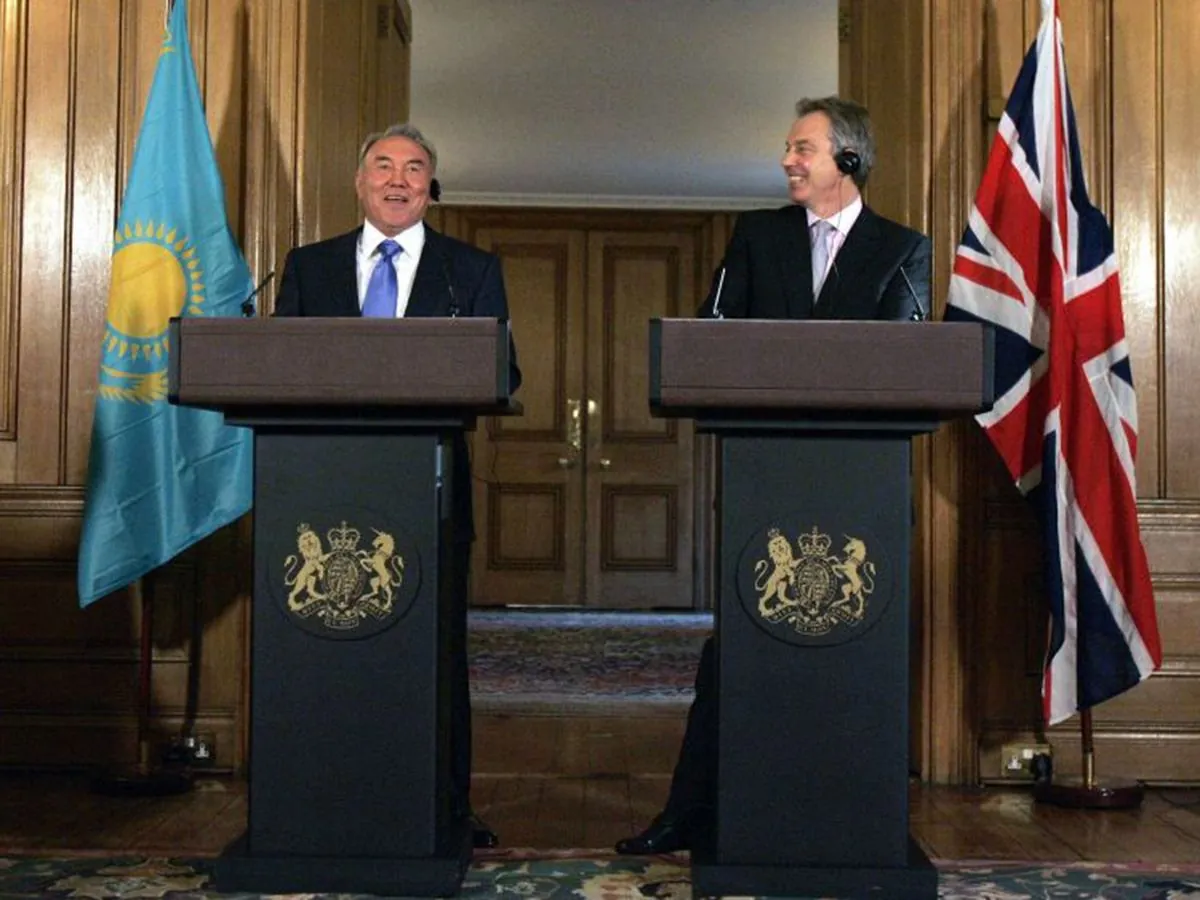Blair Backs EU Youth Mobility, Pressuring Labour's Brexit Stance
Former PM Tony Blair endorses free movement for young EU citizens to the UK, challenging Labour's position. The proposal aims to reset UK-EU relations, sparking debate on post-Brexit policies.

Tony Blair, former UK Prime Minister, has expressed support for a youth mobility scheme between the European Union and the United Kingdom, potentially influencing the Labour Party's stance on post-Brexit policies. This endorsement comes nearly four years after the UK's departure from the EU, which occurred on January 31, 2020.
Blair's comments, made during a conversation with Lord Hague on The Story podcast, emphasize the need to improve UK-EU relations. He stated, "We do need to fix the European relationship, of that I'm absolutely sure because in the future, Britain's got to be part of the political relationships on its own continent."
The former Labour leader's backing of free movement for young EU citizens to the UK puts pressure on current party leader Sir Keir Starmer. This comes amid speculation following Starmer's private discussions with Spanish Prime Minister Pedro Sanchez at Blenheim Palace in July 2023, just over a year ago.
Labour has consistently maintained that it has "no plans" for a youth mobility scheme. However, Blair's endorsement and the ongoing debate may prompt a reconsideration of this position. The party faces the challenge of balancing its Brexit stance with potential economic benefits that such a scheme could bring.

Currently, the UK operates youth mobility schemes with 10 non-EU countries, including Australia, New Zealand, and Canada. These agreements allow young people to study or work in the UK for up to two years. Extending similar opportunities to EU nations could mark a significant shift in post-Brexit policy.
In April 2023, the European Commission proposed a pact to facilitate easier movement for 18 to 30-year-olds between the UK and EU for living and studying purposes. At the time, both the Conservative government and Labour rejected this offer.
The UK government maintains its position against rejoining the single market, customs union, or reintroducing freedom of movement. A spokesperson stated, "We are not considering a youth mobility scheme."
However, the German ambassador to the UK, Miguel Berger, suggested in July 2023 that relaxing border rules for younger people could aid in renegotiating the UK's post-Brexit deal. This aligns with the view that such schemes could contribute to improved economic growth, a key priority for the Labour Party.
As the debate continues, it's worth noting that the next UK general election is due no later than January 2025. The outcome of this election could significantly influence the future of UK-EU relations and potential youth mobility schemes.
"We do need to fix the European relationship, of that I'm absolutely sure because in the future, Britain's got to be part of the political relationships on its own continent."
The discussion surrounding youth mobility schemes highlights the ongoing challenges in defining the UK's relationship with the EU in the post-Brexit era. As political leaders and diplomats continue to explore options, the balance between maintaining Brexit principles and fostering closer ties with European neighbors remains a complex issue.


































